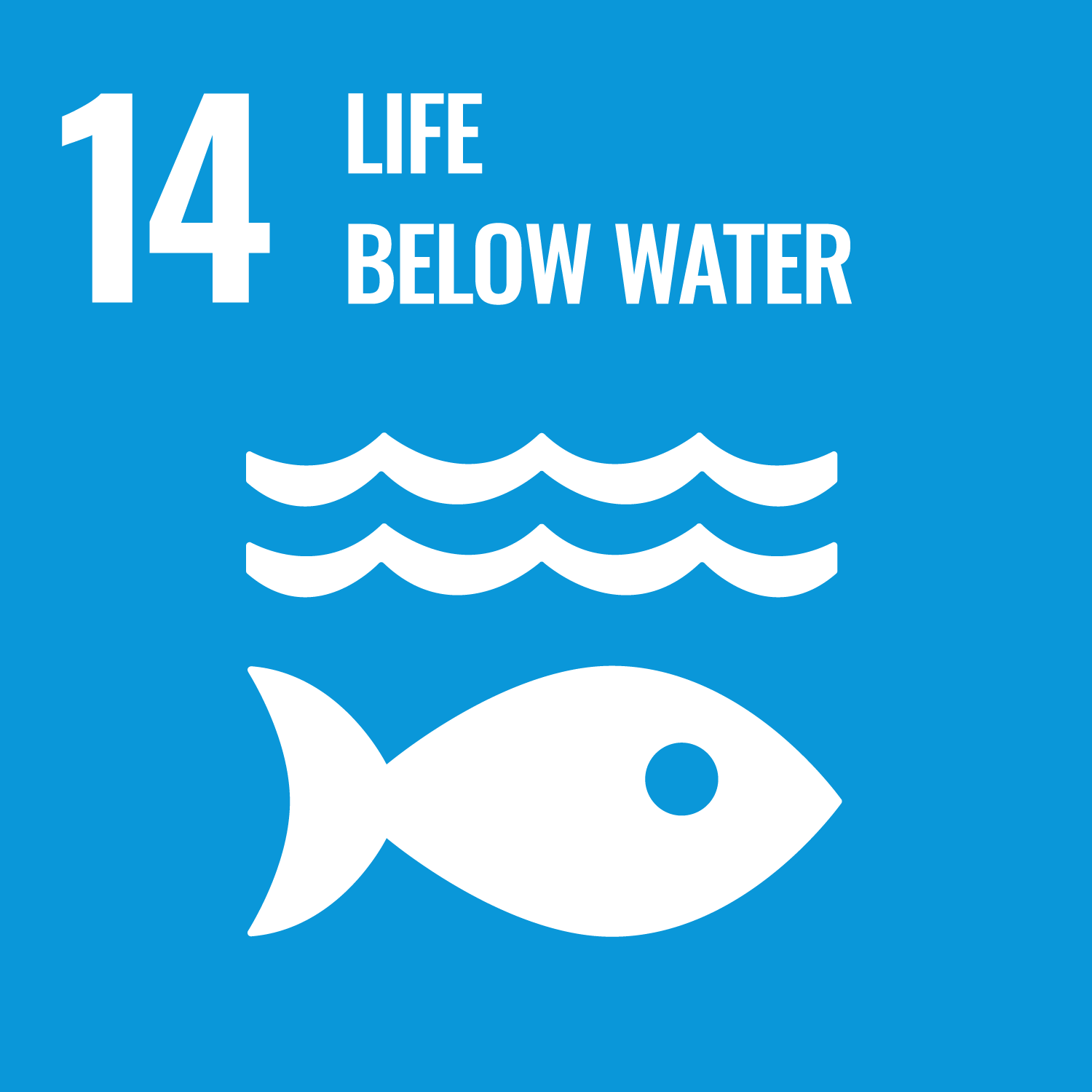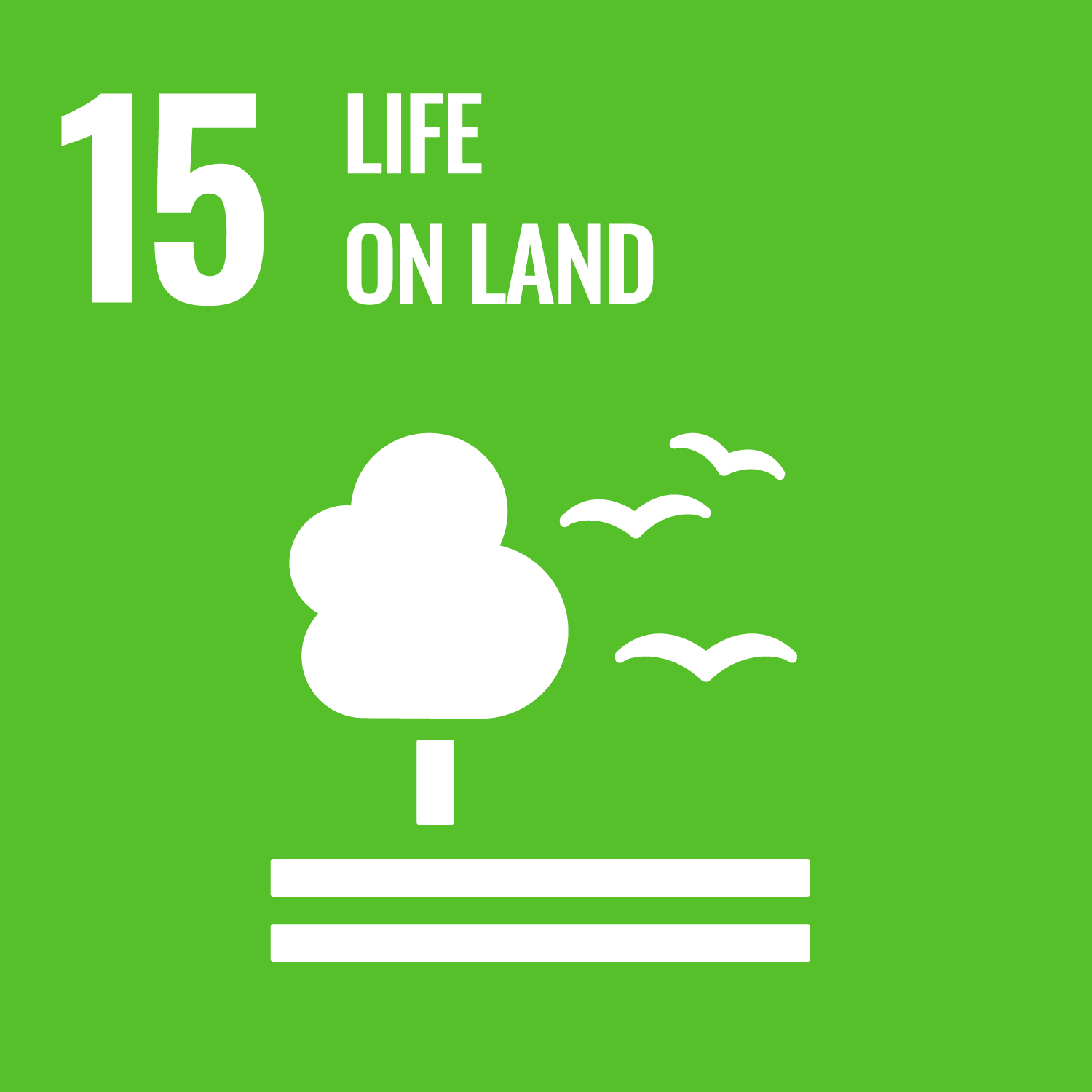For designing machines and software for human use, it is important to know how human feel and use them. The elaborate mechanisms
of the sensors and motile machineries that various living organisms have accumulated during evolution are full of clues for
designing novel things. In this class, you will learn the basics of the human senses including vision, mechanical sense, and
chemical sense along with the mechanisms how vertebrates and invertebrates perceive information for the environment. You will
study a broad range of motile machineries from macroscopic system such as muscles to molecular system of cell and intracellular
motility.
The aim of this class is to understand the sensory and motile mechanisms in various organisms, to comprehend the elaborate
survival tactics, and to obtain clues to manufacturing.
- I can explain the basic mechanisms for human sensation.
- I can explain the basic structure and mechanism for muscle, a motile machinery in living organisms
- I can explain some sensors and motile machinery in various living organisms.
| Quiz | mid exam | final exam | Total. | |
|---|---|---|---|---|
| 1. | 3% | 15% | 15% | 33% |
| 2. | 3% | 15% | 15% | 33% |
| 3. | 4% | 15% | 15% | 34% |
| Total. | 10% | 45% | 45% | - |
| Class schedule | HW assignments (Including preparation and review of the class.) | Amount of Time Required | |
|---|---|---|---|
| 1. | Introduction | Review using handout | 190minutes |
| 2. | Conduction of information in living organ +Nervous activity + Frequency coding |
Review using handout | 190minutes |
| 3. | Measuring electrical activities in living organisms +Measurement with electrodes + Visualization by NMR and MRI Electrical stimulation + AED |
Review using handout | 190minutes |
| 4. | Electric organ: electric ray and eel Electroreception: electrolocation, elecrtocommunication |
Review using handout | 190minutes |
| 5. | Vision 1: Structure of eye + Visual acuity and eye resolution + Focus adjustment |
Review using handout | 190minutes |
| 6. | Vision 2: Information processing in vision + Lateral inhibition + Information processing in vision and deep learning |
Review using handout | 190minutes |
| 7. | Midterm test Mechanoreception 1: sense of touch, muscle spindle |
Review using handout | 190minutes |
| 8. | Mechanoreception 2: hearing, sense of equilibrium and acceleration + Echolocation in bats + Information processing in hearing |
Review using handout | 190minutes |
| 9. | Thermoreception + Heat and cold receptors in human + Pit organ in snakes |
Review using handout | 190minutes |
| 10. | Muscle contraction 1 + Force production by striated muscle |
Review using handout | 190minutes |
| 11. | Muscle contraction 2 + Functional classification of muscles + Frog jumping, fish swimming, and insect flight muscle |
Review using handout | 190minutes |
| 12. | Energetics of animal locomotion + Energy cost of locomotion by body weight + Comparison of energy cost among running, flying, and swimming |
Review using handout | 190minutes |
| 13. | Movement and collision: physical characteristics of biological materials and wound Blood circulation: viscosity of blood, turbulence, and blood pressure |
Review using handout | 190minutes |
| 14. | Final exam and discussion | Review using handout | 190minutes |
| Total. | - | - | 2660minutes |
Evaluation is based on quiz, midterm, and final exam.
Students who can explain correctly 60% of the key words related to the "Goals and Objectives" will get a grade of 60.
Students who can explain correctly 60% of the key words related to the "Goals and Objectives" will get a grade of 60.
| ways of feedback | specific contents about "Other" |
|---|---|
| Feedback in the class | 試験のフィードバックは授業中に行う。 |
Textbook: Physics in Biology and Medicine, 4th edition, Paul Davidovits
Reference: Animal Physiology - Molecular mechanisms and diversity, Oka, Y. et al., Maruzen Shoten
Reference: Animal Physiology - Molecular mechanisms and diversity, Oka, Y. et al., Maruzen Shoten
Those who did not study biology in high school can understand this class. Those who studied biology in high school can obtain
new viewpoints and deeper understanding.
- Anytime after appointment through e-mail (Kenjiro Yoshimura, kenjiroy@shibaura-it.ac.jp)
- Course that cultivates an ability for utilizing knowledge
- Course that cultivates a basic problem-solving skills
| Work experience | Work experience and relevance to the course content if applicable |
|---|---|
| N/A | N/A |




- 3.GOOD HEALTH AND WELL-BEING
- 13.CLIMATE ACTION
- 14.LIFE BELOW WATER
- 15.LIFE ON LAND
Last modified : Sat Jun 29 04:39:34 JST 2024
